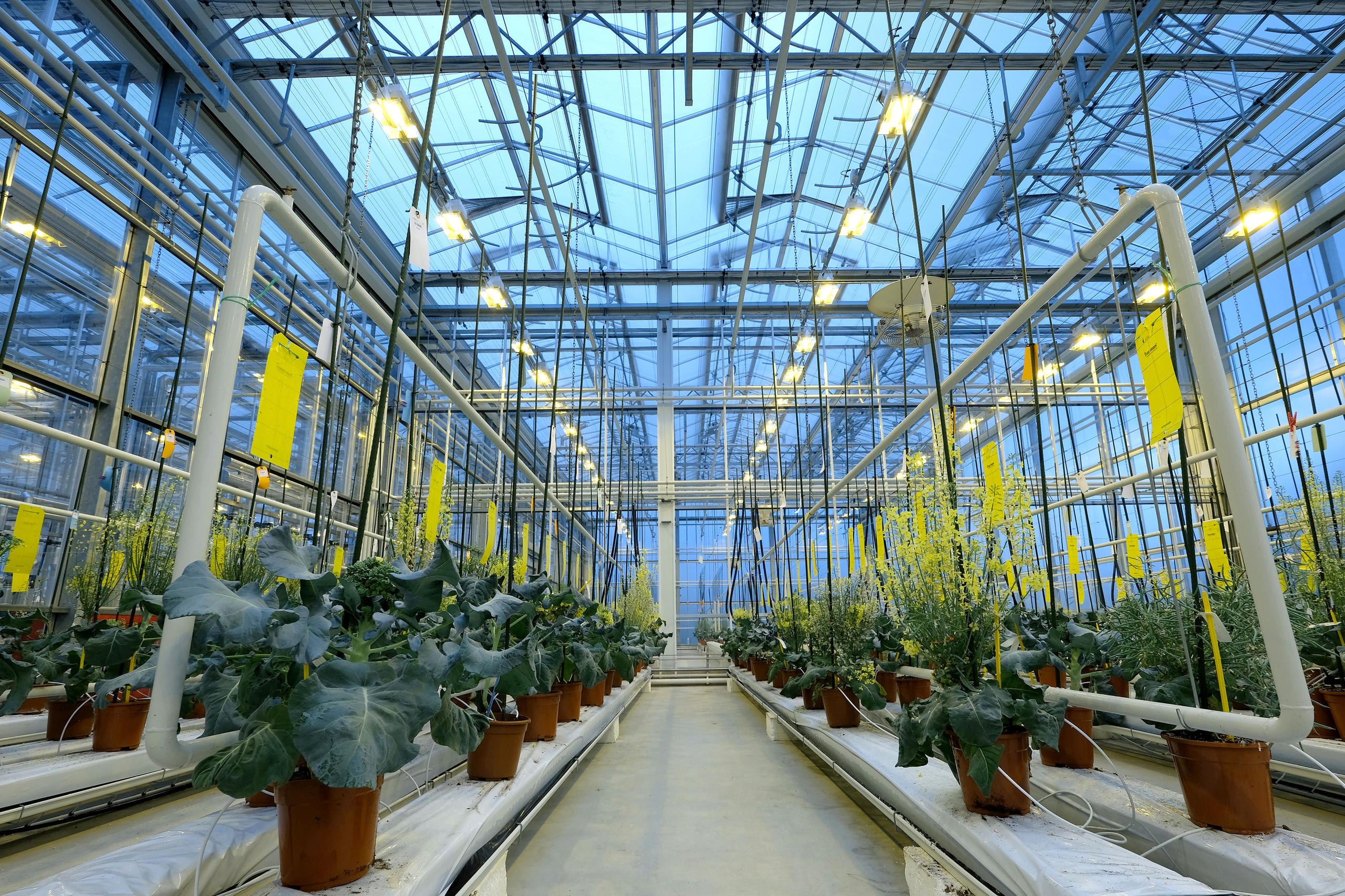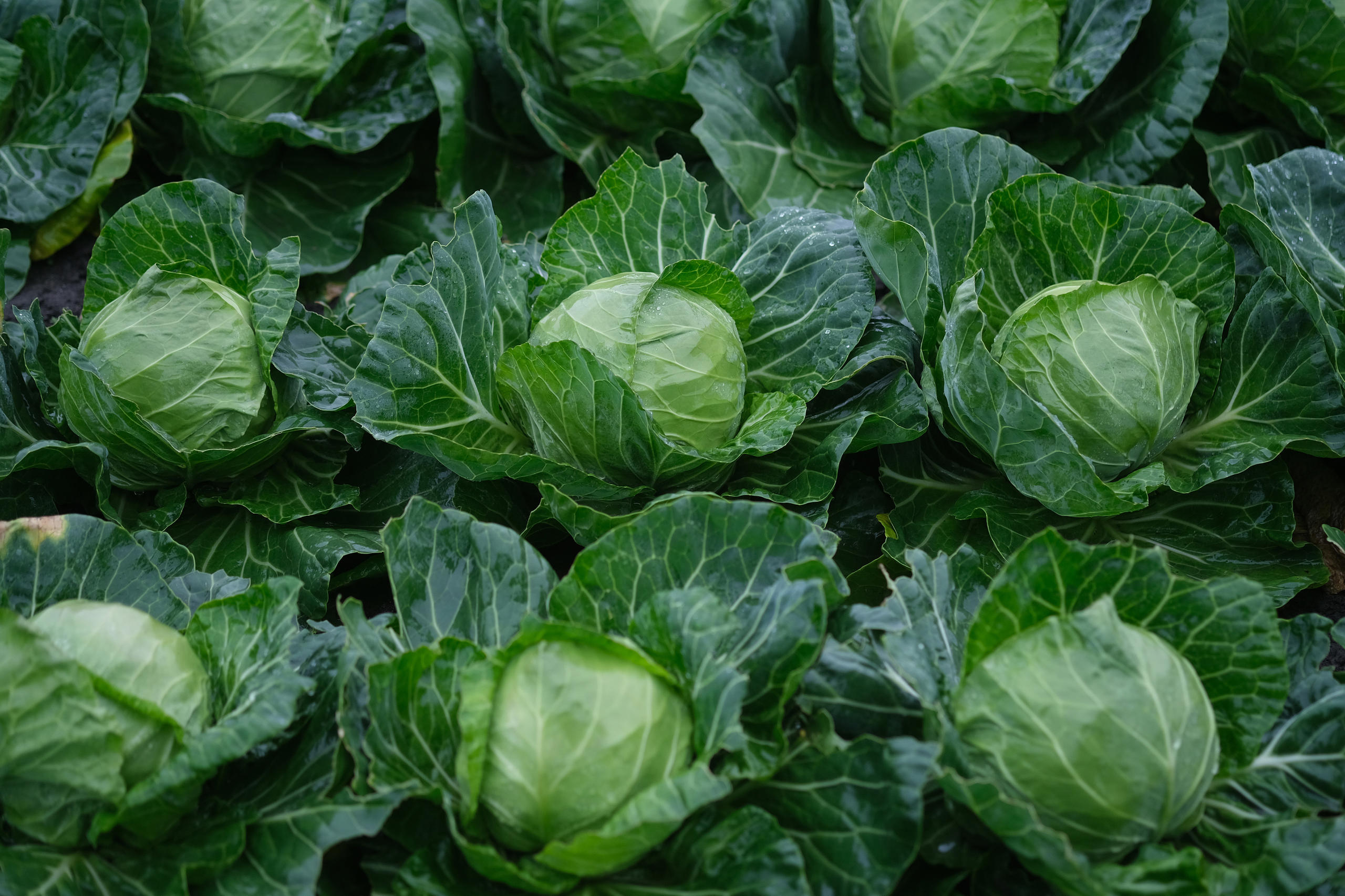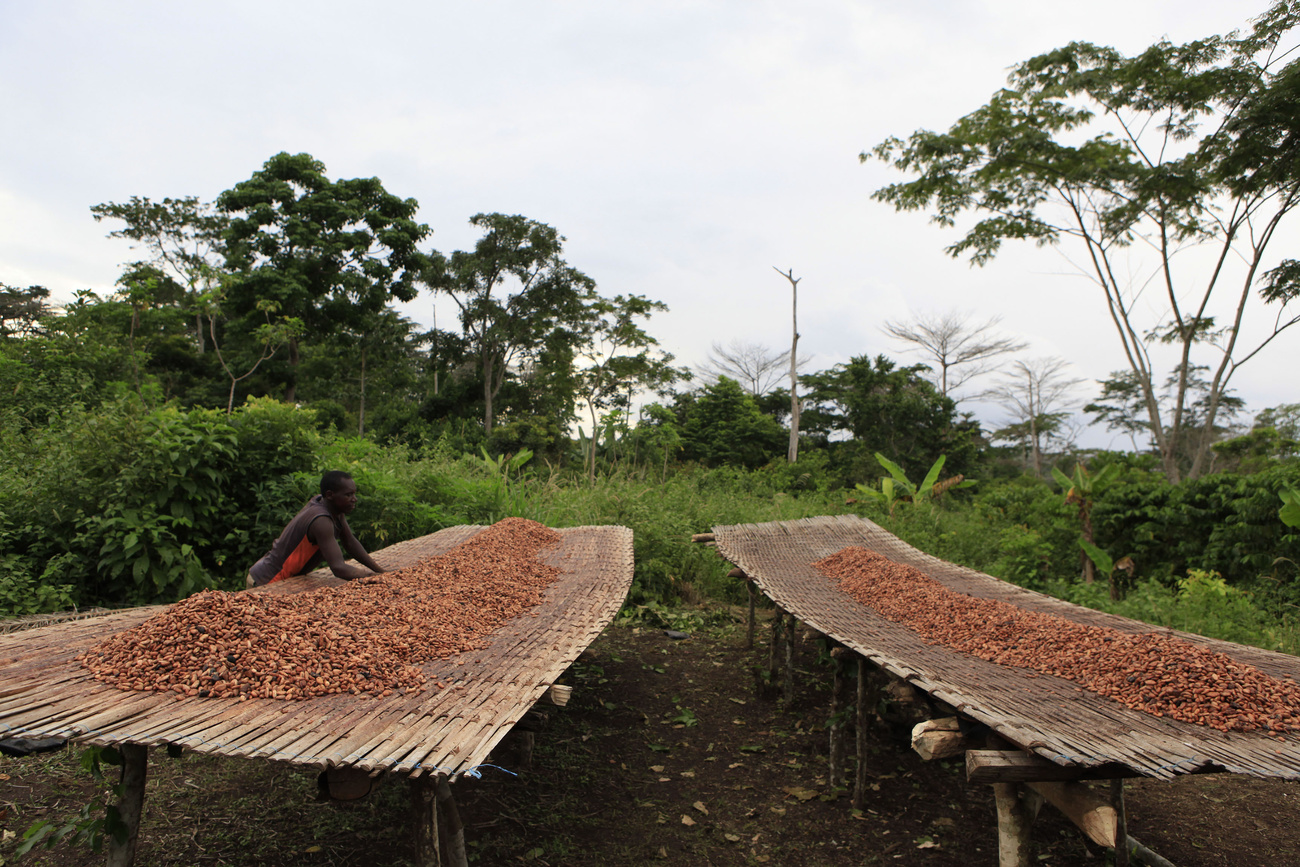
The seed revolution is coming
Seed companies are promising sweeter strawberries, drought-resistant cabbage and healthier tomatoes in less time and at lower cost thanks to genome editing technology. There’s a catch though: In some cases, rules are so lax that we may never know our food was genome edited.
On the northern coast of the Netherlands, around 30 companies are working in fields and greenhouses to develop the next greatest thing in vegetables. The region calls itself Seed Valley. It is the heartland of European vegetable breeding the way Silicon Valley is the center of IT and software innovation. During a Syngenta media field trip last autumn, the rows of vegetables reminded me of a Disneyland park before all the guests arrive – pristine, bright and trimmed to perfection – almost make-believe.

More
Explainer: the controversy behind genome editing our food
All the vegetables here are bred using conventional methods, which Syngenta explains, are very scientific and can take years, sometimes decades, to bear fruit (literally). There is no talk of genome editing or CRISPR in these fields because it isn’t allowed in Europe. But several thousand kilometres in either direction – to the US and China – seed companies like Syngenta are starting to show off their latest CRISPR creations.
That’s the fragmented regulatory world we live in right now, but it is quickly changing. More governments are opening their doors to genome editing with tools like CRISPR. Covid vaccine nationalism left its mark – countries are gripped by the F.O.B.L.B – the Fear Of Being Left Behind – as other countries pour money into genome edited seed research. Everyone wants an invention they can call their own.

More
Genome editing’s patent problem fuels concern for the future of food
Governments aren’t just allowing genome editing in food, they aren’t regulating it at all in some cases. This means no strict safety checks, no labelling, and no transparency that our food was genome edited. Some seed companies argue genome editing is simply speeding up something that could happen in nature so why should it be treated any differently. Critics argue otherwise.
What do you think? I’ve created a debate to engage with readers on the topic. Curious to hear your thoughts. jessica.davis@swissinfo.ch.
More
What else caught my eye?
Nestlé will pay African cocoa farmers to keep children in schools. Some 10,000 farmers in Ivory Coast stand to gain extra cash if they follow a set of guidelines set down by Nestlé including refraining from child labour by enrolling all children in school and increasing the productivity of their cocoa farms with best practice techniques. The company plans to expand the programme to 160,000 cocoa farmers by 2030 and introduce a new range of products under the scheme. This may the greatest hope yet of a child labour-free chocolate bar from a big multinational.
Switzerland is keeping its options open to compensate for losses from the minimum corporate tax deal. After relying for so long on low tax rates as its calling card with big companies, the country is trying to figure out what else it can do to stay attractive in the face of the global minimum tax rate. Should the country loosen immigration restrictions? Should it have less regulation? Or more regulation on dirty industries? Should the government fund company researchExternal link and promising start-ups? All options are on the table. One idea being floated is to lower the tax burden on wealthy executives to keep them, and their companies, in the country. This idea is unlikely to go over well with the public when the cries to raise taxes from billionaires, even from a few billionaires themselves, are getting louder.

More
Nestlé will pay African cocoa farmers to keep children in schools
Big food has a big problem with nutrition. According to an investigation by Swiss public television, RTS, the food industry lobby is pushing back on regulation aimed at curbing skyrocketing obesity ratesExternal link in some countries. RTS uncovered an email exchange from Swiss food giant Nestlé calling on the Swiss government’s support to reject a new law on nutrition labelling in Mexico. The company told RTS it supported the purpose of the law but believed it had no scientific basis and would restrict consumer choice.
Mergers and acquisitions boomed last year. Rock bottom interest rates and excess cash sloshing around Swiss companies saw a three-fold increase in the value of mergers and acquisitions (M&A), rising to CHF170 billion ($186 billion) last year. The pharmaceutical and life science sectors saw M&A deal activity surge from CHF6 billion in 2020 to CHF56 billion last year, comprising four of the ten largest corporate deals. More biotech deals are expected this year with many wondering how Novartis is planning to spend the CHF19 billion from the sale of the Roche stake. In an interview in Finanz & Wirtschaft, Novartis CEO Vas Narasimhan indicated that there may be smaller acquisitionsExternal link on the way.
Switzerland stumbles in the latest corruption ranking. Transparency International ranked Switzerland 7th, down four spots from last year, in its annual Corruption Perceptions Index. A series of scandals last year didn’t help. The Swiss public sector is especially vulnerable to nepotism, says the NGO. It’s “a small country, we know each other, we went to school together… often this implies conflicts of interest”. But there are bigger problems not captured by the Index, says the NGO’s director, Martin Hilti. Specifically, money laundering and the entire “enabling industry” including lawyers, notaries and real estate agents.
Thanks for reading.

In compliance with the JTI standards
More: SWI swissinfo.ch certified by the Journalism Trust Initiative




























You can find an overview of ongoing debates with our journalists here . Please join us!
If you want to start a conversation about a topic raised in this article or want to report factual errors, email us at english@swissinfo.ch.